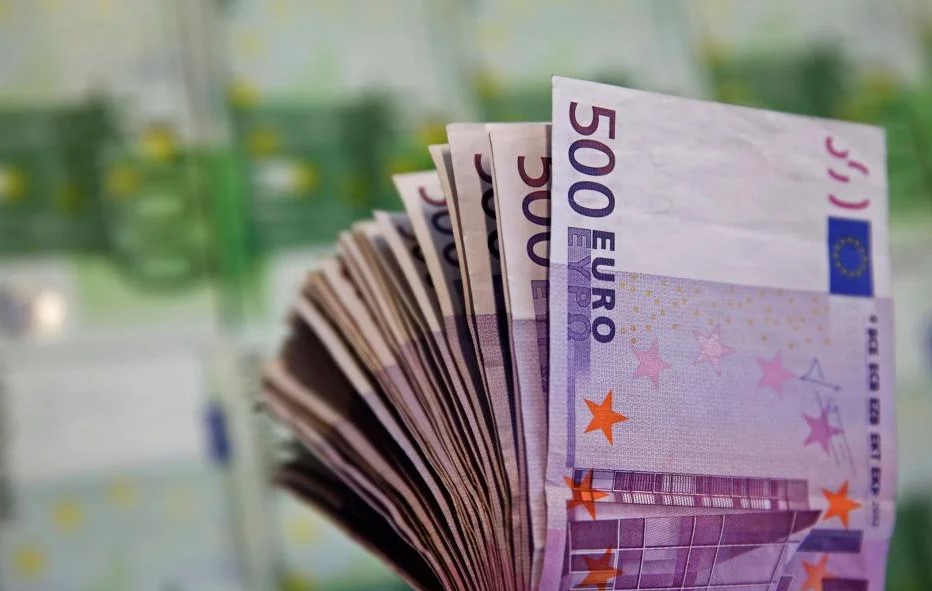Growth beats forecast in 2022
Greek economy expanded 5.9% last year, exceeding expectations and the eurozone average

The Greek economy outperformed the European Union average for a second year in succession in 2022, securing a growth rate of 5.9%, Hellenic Statistical Authority (ELSTAT) data showed on Tuesday. According to Eurostat’s provisional data, the growth rate in the eurozone was 3.5% and in the European Union 3.6%.
The government’s estimate according to the budget was for a growth rate of 5.6%.
Based on these figures, this year’s growth is also expected to perform better than the budget estimate: While the budget foresees a rate of 1.8%, it is estimated that it will eventually be more than 2%.
According to an analysis by National Bank of Greece and its chief economist Nikos Magginas, “the implied positive carryover effect from the 2022 growth result to the gross domestic product increase in 2023 is revised upward to +1.5% on an annual basis, compared to a previous estimate of 0.9%, indicating an increased likelihood of GDP growth in 2023 higher than 2% on an annual basis.”
The 5.9% growth rate followed a revision of Q3 GDP data, which is now estimated to have grown by 4.4% compared to a previous estimate of 2.8%. ELSTAT noted that figures for Energy Transition Fund revenues were incorporated, which were not available in the previous estimate of December 2022. However, ELSTAT maintains reservation for possible reclassification of these revenues by Eurostat, “in the framework of the final harmonized treatment of these transactions.” In this context, it is possible that the positive effect of the integration of the Energy Transition Fund revenues may be completely or partially reversed. A second estimate of the 2022 GDP will be released on October 18, 2023.
In the fourth quarter, according to ELSTAT data, the growth rate was 5.2%, compared to the same period of the previous year.
The qualitative data of GDP growth, however, are not all moving in a positive direction. There was a significant increase in investment, but consumption remains the protagonist, while the increase in the external balance deficit is a cause for concern.





